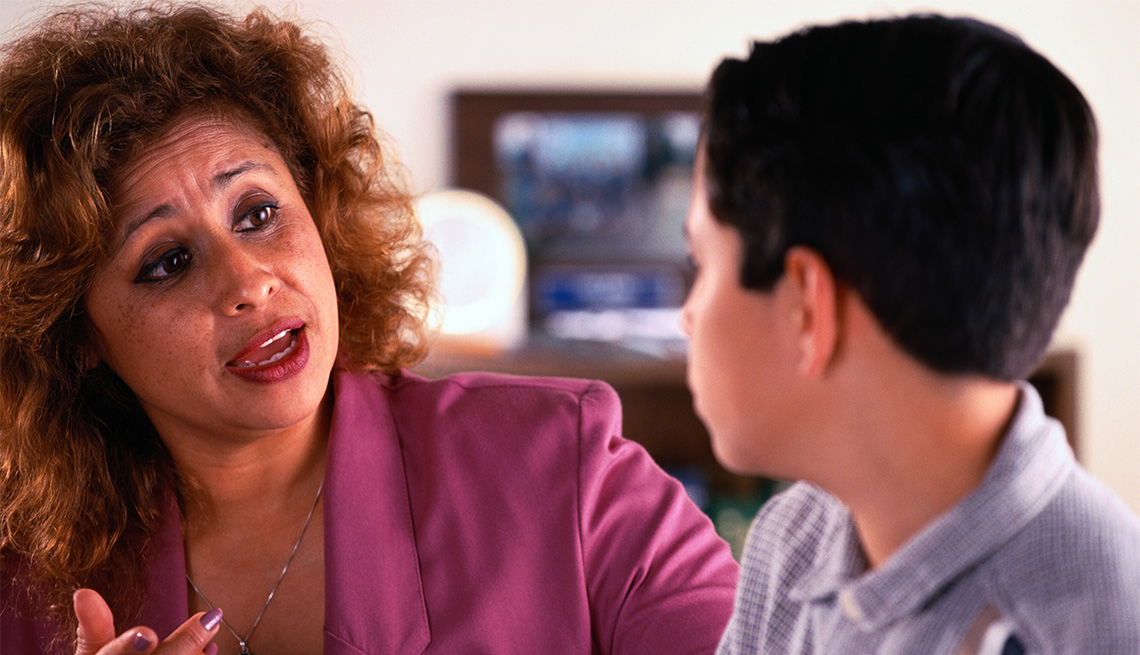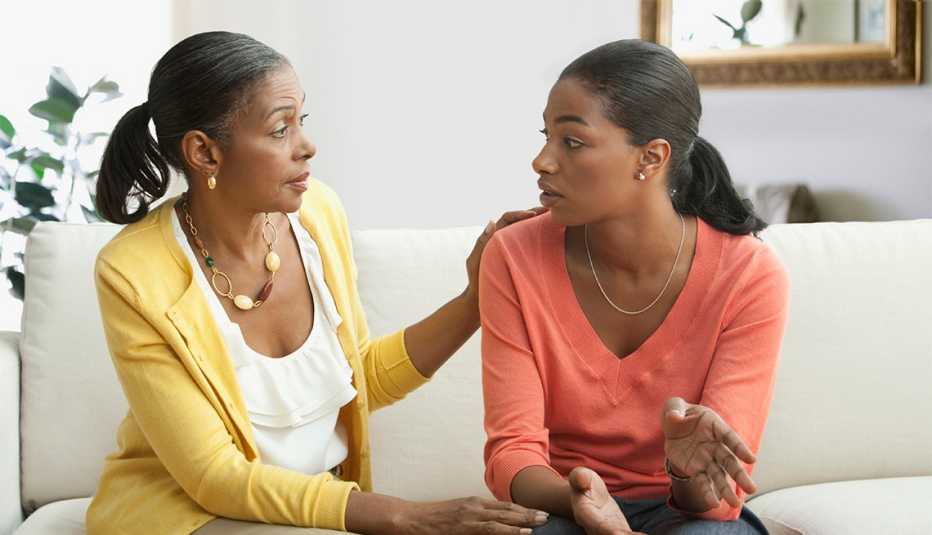AARP Hearing Center
Right now I have a perfectly imperfect 19-year-old. Two or three years ago, though, I'd often think: Only one of us is going to make it through this alive. His behavior was maddeningly typical of kids ages 14 to 17: the mood swings, the defiance, the impulsivity that makes them do stupid stuff, the paralysis that keeps them from doing what they're supposed to. If you've got a kid that age, you know what I'm talking about. And it won't be news to you that 2020 didn't help. Last year was everyone's annus horribilis, but many psychologists believe adolescents were hit hardest.
"Developmentally, this age group is working on autonomy, and social isolation has been a struggle,” notes Laine Young-Walker, M.D., director of the child psychiatry department at University of Missouri Health Care. Mid-teens are supposed to spend time with their peers; instead, they were home with their stressed-out parents and siblings. Online learning was a huge challenge, and students planning for college had to forgo campus visits. “This group, like no other, has had to be flexible and adapt to change,” Young-Walker says.
For Adam Price, a psychologist and author of He's Not Lazy: Empowering Your Son to Believe in Himself, part of the challenge is perspective. “As terrible as the year was for adults, age allows us to take the long view,” he says. “In our lives, this was a blip.” Not so for teens: “The loss of friendships, relationships, milestones like graduation and proms and first jobs — for many, that was all gone."
Consequently, the usual dramas of mid-adolescence have been magnified. Anxiety, depression and that particularly painful scourge — comparing yourself to your peers and coming up short — have been front and center for many teens. Now that we are emerging from the morass, how can parents help teens get back on track? Experts provide some answers.





































































